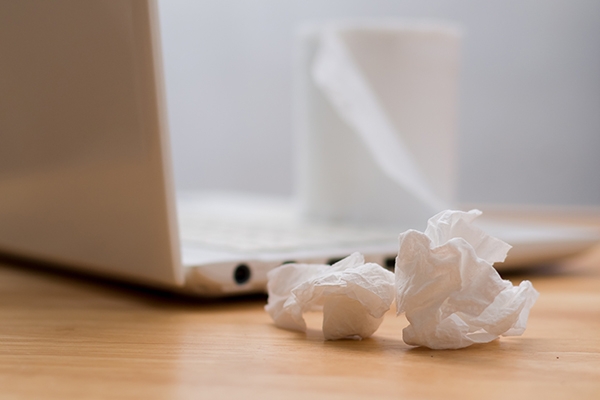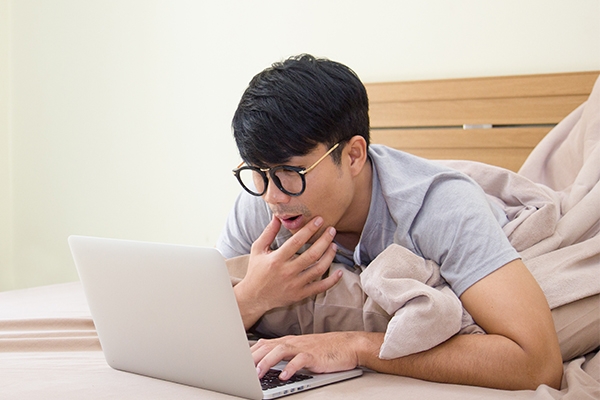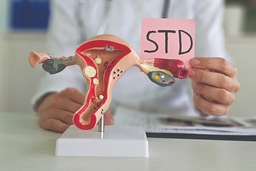Why PMO Just A Momentary Excitement

PMO is a popular topic these days. A lot of social media content promotes and educates people about PMO. What exactly is PMO, and what are its outcomes?
PMO is an abbreviation for pornography, masturbation, and orgasm. It's a cycle in which someone satisfies themselves by watching porn, masturbating, and perceiving orgasm. What are the definitions of "pornography," "masturbation," and "orgasm"?
Pornography is content designed to elicit sexual desire. It can be represented as images, videos, or sounds.

Masturbation is the act of stimulating one's genitals for sexual pleasure. Masturbation has no "normal" frequency, according to the International Society for Sexual Medicine. Masturbation is still considered safe as long as it does not harm oneself or one's relationships.
Orgasm is the ultimate goal of masturbation, i.e. the pinnacle of sexual pleasure. What causes this to happen? Sexual activity is linked to dopamine and oxytocin hormone cells in the brain. Both hormones help to regulate mood and produce pleasurable sensations.
PMO can, in fact, lead to addiction in those who engage in it.
Dr. Mike Anderson, a sex and relationship expert, says, "Watching pornographic content while masturbating or having orgasm increases chemical and hormonal responses. As a result, there is a desire to repeat that behavior."
Addiction is more than just a strong desire to do something you enjoy. It includes the inability to change one's behavior. That is, PMO addiction is more than just a desire to do it. However, breaking free from that cycle is also challenging.
Until now, PMO addiction has not been a clinically diagnosed condition. But that doesn't mean it's not real!
When the PMO is out of control.
Masturbation is somewhat common. Everyone can do it, whether or not they are in a romantic relationship. Masturbation, according to addiction psychologist Elizabeth Waterman, is a way to reduce anxiety, seek comfort, and overcome feelings of loneliness and sadness.
However, PMO can become an issue if:
- cannot suppress the desire to masturbate;
- intentionally skip some activities in order to masturbate;
- schedule or plan time for masturbation;
- masturbate when not in the mood or aroused;
- spend a lot of time, energy, and money on masturbation;
- become angry and upset when asked to stop masturbating.
When PMO becomes a danger
Some people may feel guilty about dealing with PMO because of their beliefs, religion, culture, or spirituality. Others are concerned about how PMO will affect their health. Some other people, even, wonder which is more dangerous: watching porn or masturbating.
Anything excessive is dangerous.
When you watch porn, your body releases dopamine. The more frequently one watches pornography, the more dopamine is released. The prefrontal cortex is a region of the brain that controls executive functions such as planning, problem solving, and decision making.
Dopamine overload damages the prefrontal cortex. As a result, someone will struggle to maintain self-control and make decisions.
Although more research is needed, studies show that masturbation can lead to depression. The causes are the notion that "masturbation is wrong" and guilt-related emotions.
Pornography also creates unrealistic expectations, which primarily affect men. According to Dr. Joseph Alukal, Director of Male Reproductive Health at New York University, they are concerned that real-life sexual experiences will not live up to the fantasies depicted in pornography.
And at last, PMO addiction can cause physical issues such as irritated skin, genital swelling, or cramps. It occurs when someone is only concerned with sexual desires and disregards safety concerns.
Want to break free from PMO addiction?

Here are some solutions:
1. Avoid potential triggers
What is the most common cause of PMO? Limit your use of social media if you believe it is a trigger.
2. Make a schedule for yourself
There are numerous activities to engage in to divert your attention away from the PMO impulse. For example, if you want to masturbate, meditate.
3. Find strategies
Don't be alone. Being alone tempts you to engage in PMO. Wearing thick clothing may also help to create a barrier against touching yourself.
4. Maintain a healthy lifestyle
A healthy diet and physical activity, such as running or walking, are undoubtedly beneficial. These activities help to strengthen the body and release endorphins. Your mood and level of relaxation will improve, which will reduce your desire to masturbate.
5. Look for a community
You are not alone. There are others who are experiencing the same problem. A community facilitates the exchange of information and mutual support.
6. Seek professional help
Consult a sexual health specialist, such as a doctor, psychologist, or psychiatrist. They will treat you and make recommendations for your care.
7. Gradually reduce
Adapt to your current conditions. Reduce your masturbation frequency from five to three times per week. Give yourself a pat on the back when you successfully complete this challenge!
Overcoming PMO addiction takes time. It is difficult to stop or change a habit that has become a "daily habit." Furthermore, this behavior does not emerge and then vanish. But you must get rid of it for the sake of your health. Gradually but steadily. You've got this!
If you have any questions about PMO, click on WhatsApp or visit GWS Medika Clinic, health clinic in Jakarta.



